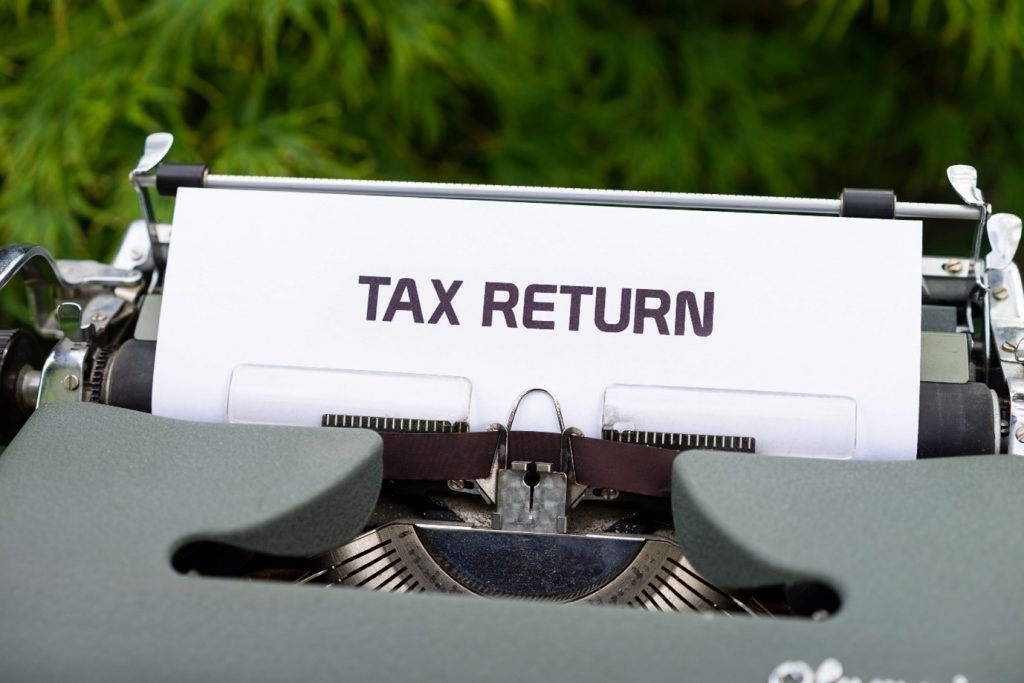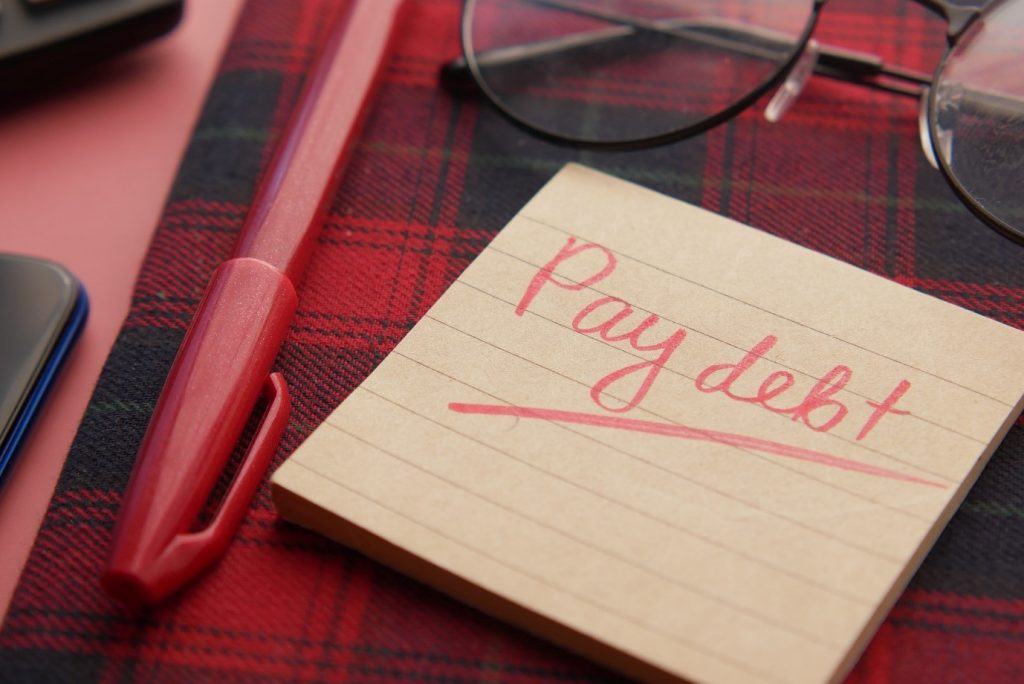Do you ever find yourself running out of cash before your next payday?
If you do, then you probably aren’t good at managing your personal finances, lacking solid financial skills. If it’s any consolation, you are not alone. The truth is many people live paycheck to paycheck, often with little to no money in their emergency and retirement funds.
In this post, we’re sharing personal finance skills you need to take control of your personal finances and attain financial freedom. You can use the following information as a guide to improve your personal financing by understanding some basic financial facts and utilising the most fundamental skills.
Financial Facts to Know
Often, people are guided by misconceptions or falsehoods, which can lead to missed opportunities or even bad investments. To help set you up to succeed, here are some financial facts that you should know.
Investment Gains
You found a perfect investment, and now it’s time to cash in. At this point, many people fear withdrawing their money because they’re afraid of the tax penalties that go along with what they’ve earned.
However, there’s a huge misconception over what you are taxed on. For example, if you invest $50,000 into a stock and over time you end up with $100,000. With tax, you may think you owe a certain percentage in taxes off the sale of your stock. That would take a huge bite out of your profits. However, this isn’t how investment gains work, so be careful not to overlook one of these financing facts.
Although you will be taxed, you are only taxed on what you made. That means anything you initially invested isn’t taxed, only the money you will take home at the end of the day.
In the above example, you made an initial investment of $50,000 and ended up with $100,000. You made $50,000 which is what would only be taxed. Although you do have to pay taxes on what you earn when it comes to capital gains, the hit isn’t as bad as it seems. So go ahead, take a risk and invest.

Higher Tax Bracket
If you’re straddling the line to the next highest tax bracket, you may be afraid working a few extra hours of overtime or that holiday bonus will put you over the edge and wipe out all of your hard work. But this is a personal finance fact people often overlook.
A few extra dollars, even a few extra hundred, won’t hit you hard when it comes to taxes. It’s because not all of your income is taxed at the higher percentage. If you bring home a lower salary per year, you’re inside of the tax bracket.
What happens if your boss gives you a bonus? If you get a raise to $38,000 per year, is it even worth it?
Many people think earning an extra $1,500 per year means they would be bumped up into the 25% tax bracket, which means they’d be taxed at 25% of $38,000, which would be $9,500 compared to $5,475 previously.
At those numbers, you would be making $2,525 a year more if you made $36,500 without a raise or bonus. And that’s a little incentive. However, that’s not how the tax structure operates. If you fall into the 15% tax bracket, you are taxed 10% on the first $9,725 of your income. Anything you make after this, as long as you stay in this bracket, is taxed 15%.
By using this logic, you’ll never end up in a situation where you make less even though you were paid more.
The ‘Tax Free’ 401(k)
Many employees think of “tax-free money” when they put savings into their 401(k). But there will come a day when the taxes will need to be paid on the money you’ve put in your 401(k).
It is true that in the years you contribute to your 401(k), any money you put away is not taxed and your taxable income will actually decrease by the amount you invested. But when you retire, you will eventually need to withdraw that money. This is when the “tax-free” notion disappears.
In retirement, you usually draw from your 401(k), your pension, and maybe Social Security. So your income should be lower than when you were working full-time. This means you will be in a lower tax bracket and will be paying less taxes. Sometimes significantly less than you would have when you were shielded from paying them when you were contributing to your 401(k) originally. So while it may not be “tax-free,” you can consider it “taxed-later” money.
Renting vs. Owning Your Home
You may think owning a home is always better because you can stop throwing money away on rent. But a financial planning fact finder will tell you this isn’t always the case.
Yes, you do have to pay rent and renter’s insurance, and this isn’t an ideal investment for you when you rent. However, it can be relatively cheap compared to buying a home. If something breaks, leaks, or caves in when you’re renting, you’re not the one responsible for the damages and cost of repairs.
Buying a house is not merely investing in a property. When you make the initial purchase, you need a down payment (as much as 20% in certain areas), closing costs, insurance, and other fees. Also, you’ll be responsible for all of the maintenance and upkeep of your home. All of this can add up, and if you don’t have a proper financial skills set, you can end up losing your investment.
On the other hand, buying your own home can be the right choice if it’s the right time in your life. If you have a stable career, a nest egg, and a great credit score, this could be the right move for you.

Big Refund = Big Rip-off
During tax season, many people look forward to their tax returns. However, it actually costs you money when the government gives you a payout.
The check you receive is money you’ve already made and the government is just sending it back to you, that’s why it’s called a refund. What’s so bad about getting this back in April every year?
If you have the money available to you throughout the year, you can do more with it. For example, if you get a $3,000 tax refund, you could have invested that money throughout the year. It could have been working for you and earning you interest instead of being in the government’s hands.
When saving isn’t your strong point, it can be a good idea to use your tax refund as a way to save. Just keep in mind you won’t be making any interest from it.
Financial Skills to Learn
Learning some basic financial skills can go a long way. So let’s get into it.
Budgeting
To be a prudent manager of your personal finance, you need to create a budget. Regardless of the amount of money you pull in every month, you need to draw one up. Without an effective budget and helpful financial facts, you risk blowing your money on unnecessary things.
- Start by calculating how much money remains in your account after taxes and other mandatory deductions.
- Next, calculate your monthly expenses. This includes the cost of housing, utility services such as food, water, electricity, phone, and commuting. Also include luxury expenses such as dinner outs and movie tickets.
- After adding up your total expenses, assess how they stack up against your disposable income. Do they exceed income? Close match?
- Set a monthly spending target, then start cutting down your expenses until you hit the target.
Personal Investment
No one wants to rely on employment until you can’t physically work anymore. In fact, about 54% of Gen Z want to start a business.
Making personal investments is the best way to get out of employment and take charge of your financial future. However, investing your personal money is a lot riskier. Get it wrong and you risk spiralling into debt. This is where knowledge in personal investment management could be useful.
Therefore, you must have the right skills (analytical thinking, communication etc.) to study different smart investments such as high-yield savings accounts, short-term certificates of deposit, short-term government bond funds, dividend stock funds, among others.
Building Your Credit Score
As we said, sometimes you may need to secure a loan for various reasons. However, getting approved for a loan is not that easy.
Unless, you opt for a bad credit or no credit loan, you must prove to prospective lenders that you’re able to repay the loan with interest on time. But if you have a poor credit history, lenders, especially banks, will turn you down.
Having a good credit score will improve your chances. Therefore, you must know how to improve your credit score, like paying bills on time, clearing existing loans, and clearing credit card balances.
 Debt Management
Debt Management
Even though debt is undesirable, sometimes it’s the only way to make it through the month. Thousands of people also borrow to start a business. So whether you borrow from family or friends, lenders or banks, it’s essential to master the skill of debt management, including:
- not borrowing more than you need
- hunting for the lowest interest rates
- consolidating credit card debts when you can
- paying off your loans on time to avoid unnecessary charges.
Estate Planning
What happens to your wealth after you are gone? Estate planning is the process of arranging how your physical assets (houses, cars, possessions etc.) and financial assets (cash, money in a retirement fund, stocks, bonds, mutual funds etc.) will be managed.
Even though conversations around estate planning are often difficult, planning ahead is the best way to protect your hard-earned assets and safeguard the future of your loved ones.
Disclaimer: Please be aware that Cigno Loans’ articles do not replace advice from an accountant or financial advisor. All information provided is intended to be used as a guide only, as it does not take into account your personal financial situation or needs. If you require assistance, it is recommended that you consult a licensed financial or tax advisor.
If you liked our “Basic Financial Facts and Skills You Shouldn’t Overlook”, check out our blog regularly to learn more on how to create an effective budget and more.

